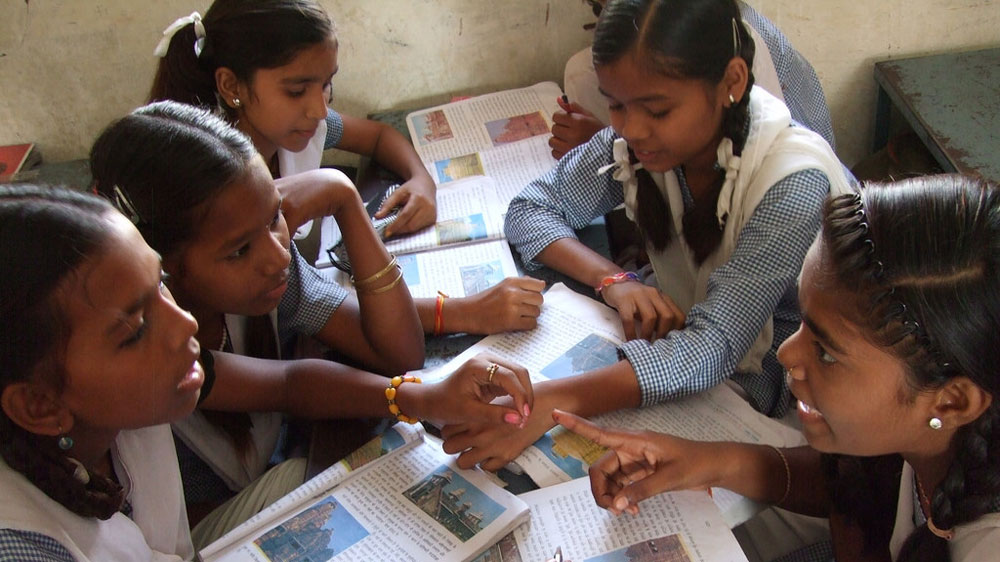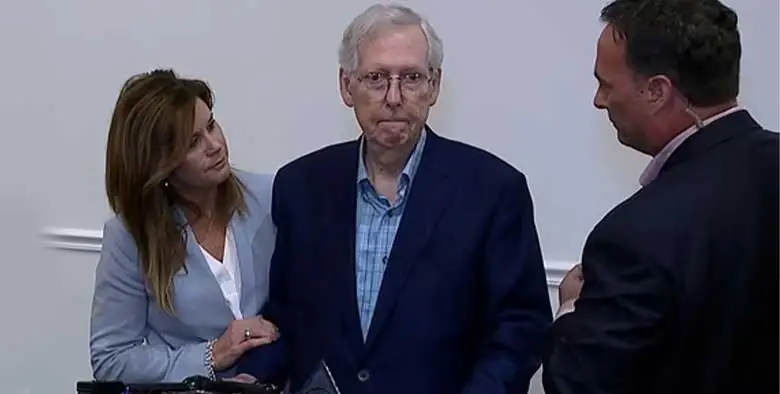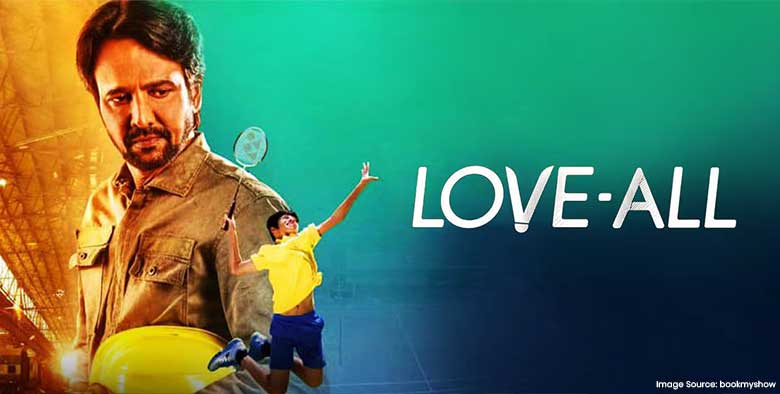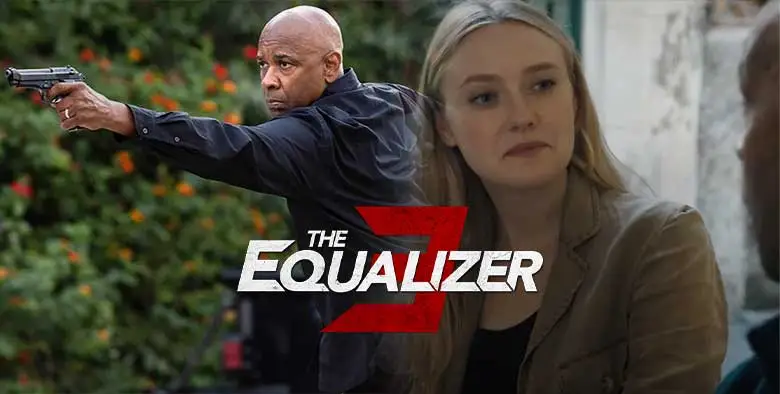Is India’s Education System Promoting Critical Thinking?
Aristotle, Plato, Socrates, Kautilya, Heidegger, and many other ancient philosophers have talked about the values of life or the essence of living. Even if they came from different backgrounds and cultures, they all promoted critical thinking. According to most ancient, medieval, or modern philosophers, critical thinking is necessary to cultivate the human mind.
Have you wondered if the current education system is promoting critical thinking or if it is creating mere herds of people who are ready to take orders? Before we move on to answer that question, it is crucial to understand the meaning of critical thinking.
What are the Current Challenges faced by the Indian Education System?
What Is Critical thinking?
A simple explanation of critical thinking can be an intellectual, skillful, and active conceptualization of information. It involves observation, reflection, experience, reasoning, and communication. You can use your logical mind to synthesize and evaluate the information that is given to you by someone. To sum up, critical thinking means analyzing every piece of information and checking for its authenticity without blindly accepting it.
Why Is Critical Thinking Important?
In the present times, there is loads of information shared on social media every minute. In such a scenario, changes in critical thinking become extremely important. We have seen several cases in recent times where social media has been able to influence the masses and bring about massive changes. The Arab Spring was one of the biggest examples of mobilization through social media. Similarly, there is a ton of information being shared on social media that might have a positive or negative impact on people.
What Role Does Critical Thinking Play In The Current Educational System?
The goals of the critical thinking process are, first, to arrive at a reasonable judgment through an honest effort to interpret, analyze, and evaluate evidence; and second, that this judgment is explicit and justified based on concepts, their context, and the criteria on which it is based.
The approach to learning in which a student is a central actor and responsible for his/her own learning is a key to stimulate critical thinking. Its purpose is to move college students from the position of passive recipients of knowledge to the position of motivated participants in their own learning. Unlike an approach centered on the teacher, to whom the student yields his/her possibility of learning, critical thinking proposes collaborative learning, where the student has the possibility of developing the responsibility and autonomy necessary to think critically.
In the field of education, there is a consensus on the need to train more autonomous and creative students in all branches of knowledge, endowed with thinking skills that allows them to relate to knowledge and reality with their own criteria and, therefore, freer. Therefore, the improvement in the quality of thinking must be exercised systematically.
Conclusion
We all think. Thinking is part of human nature. However, much of our thinking alone can be arbitrary, distorted, biased, or a product of misinformation and prejudice. We must be attentive to the quality of our thinking and that of our students. To do this, we must use critical thinking in education. Critical thinking, as an educational innovation, is a deliberate and self-controlled intellectual process that seeks to arrive at a reasonable judgment.












